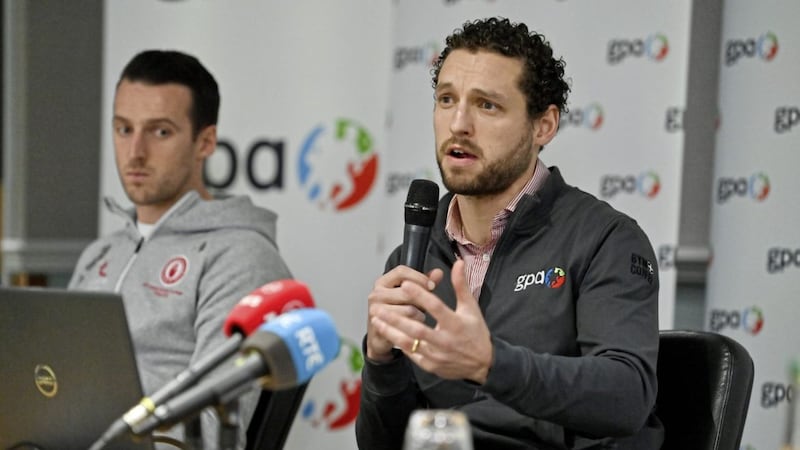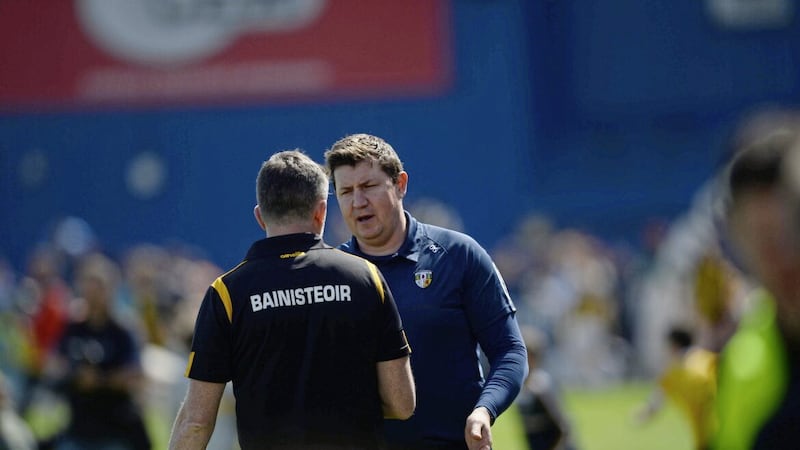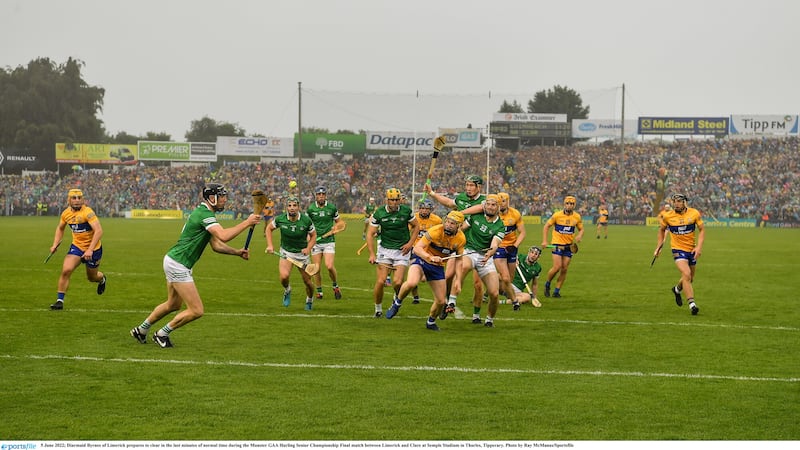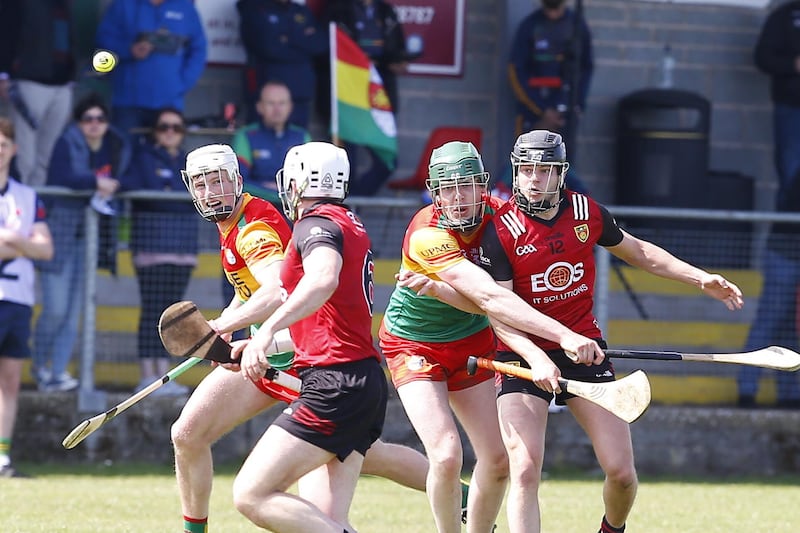THE GAA was still seeking to cap the number of collective inter-county training sessions at three per week until late last week.
The Gaelic Players Association persuaded the governing body to increase that number to four, but players remain unhappy that further travel expenses will not automatically be paid beyond that limit.
GAA sources have referred to the ESRI (Economic & Social Research Institute) report published in December 2019 relating to the huge demands on players’ time and insist that tackling the issue of over-training is Croke Park’s main intention.
However, the GPA regards the limit on allowable squad sessions merely as a cost-cutting measure rather than one concerned with player welfare. Factor in a limit on how many players (a maximum of 32) at training can receive travel expenses and there is known to be significant unrest in the players’ body.
Strike action has not yet been discussed, but nor is it off the table if matters do not improve quickly.
That collective discontent led to the vast majority of players declining to speak to media after the weekend Allianz Football League matches, an approach which was also followed by many managers.
That policy is likely to be reviewed by the GPA this week, ahead of a double weekend of football and hurling action, in consultation with inter-county captains and squad reps.
The matter may be resolved before then, with lines of communication always open between GAA Director-General Tom Ryan and GPA CEO Tom Parsons.
However, although the GAA shifted in terms of raising the pandemic era limit on the number of weekly collective sessions (which had been capped at three in 2020 and last year), and by returning the mileage rate to 65c per mile, the GPA membership is still aggrieved at certain issues.
Expenses can only be paid to a maximum of 32 players, with any larger squads having to sort out payment in discussions with their county board.
The failure to pay expenses recently has left many players out of pocket, causing stress especially to students or those on lower incomes.
The Irish News understands that the GPA is prepared to have conversations with the GAA about an agreed limit on the number of ‘contact hours’ for inter-county footballers and hurlers.
However, the players’ body is insistent that such matters must be ‘policed’ by county boards, rather than them continuing to allow managers to demand that players participate in more than four sessions per week.
The GAA, at least centrally, would be supportive of that stance, acknowledging that many county boards are too lax in relation to the power wielded by managers, some of whom move from county to county.
Players will not be prevented from taking part in paid promotional work this week by the GPA, but the possibility still remains that there will be no post-match quotes again this coming weekend - or even an escalation in action by the players.
GPA members have been advised to submit all their expenses claims; if some of those are for more than four weekly sessions, and are rejected, there is likely to be further action taken.
Fuel costs are now at least 50 per cent higher in the south than they were in 2019 and there has been a significant increase in the six counties too, even before the rise resulting from Russia’s invasion of Ukraine.
In a statement, the GAA said that it had issued a template charter to counties last Friday in order “to allow for payments of outstanding expenses since the return of inter county teams to be processed as soon as possible.
"The sole difference between the 2022 Charter, and the Charter that was in place pre-Covid, is that the 65c per mile expense rate provided for in the new charter covers up to four collective training sessions/games per week only.
"The mileage rate for any additional sessions now requires to be negotiated locally between each county and their players."
However, GPA chief Parsons responded: "It’s not the responsibility of the player. If a county wants to schedule five, or six, or two, that’s a county’s responsibility, but they shouldn’t use the players as a cost-control mechanism. That’s what’s happening.
"Expenses is a symbol of respect for players. Even if a player doesn't receive his expenses for one session, it is significant. Thirty per cent of our membership are students and are in financial hardship."








